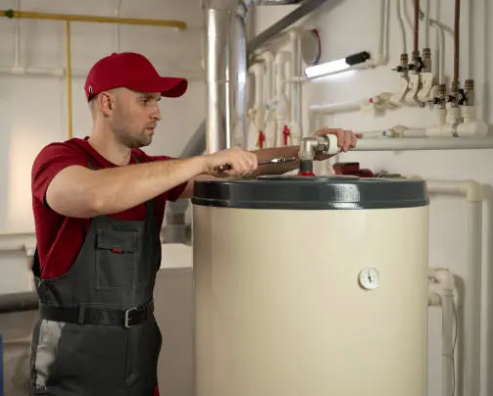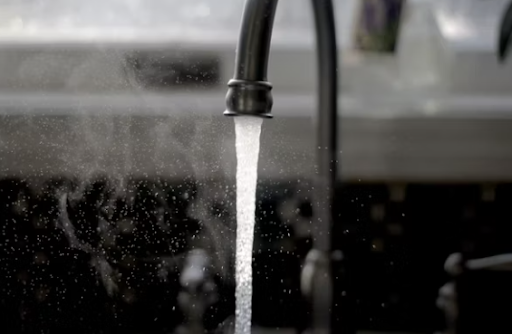March 27, 2025
Clogged drains are a common household plumbing issue, and hiring a professional plumber is often necessary when DIY methods fall short. Whether it’s a slow-draining sink or a completely backed-up sewer line, understanding the factors that influence the cost of professional drain cleaning can help homeowners better prepare and make informed decisions.
Factors Influencing the Cost
Several elements affect how much a plumber may charge to unclog a drain. These include the complexity of the clog, the method used to resolve it, and additional considerations such as timing, accessibility, and underlying plumbing conditions.
Clog Complexity
The severity and location of the clog play a major role in determining the service required. Here are a few examples:
- Simple Clogs (Bathroom/Kitchen Sink): These blockages often result from hair, soap scum, food debris, or grease buildup and are usually easier to clear.
- Clogged Toilet: Minor toilet clogs can typically be addressed with basic tools, but more stubborn ones may require professional intervention.
- Main Sewer Line Clogs: A blockage in the main sewer line is more serious and may need advanced techniques like a camera inspection or hydro jetting to resolve.
Methods Used to Unclog a Drain
The approach a plumber takes to clear a blockage can also affect the overall cost and scope of the job. Common methods include:
- Snaking or Augering: A basic technique using a long, flexible tool to dislodge the obstruction.
- Hydro Jetting: A more advanced process that uses high-pressure water to blast away stubborn clogs and clean the interior of pipes.
- Camera Inspection: Used when the cause of the clog isn’t immediately clear, allowing plumbers to diagnose and locate deeper issues within the plumbing system.
Other Cost Factors
Beyond the type of clog and method used, other variables can influence what a plumber may charge:
- Location of the Blockage: Drains that are harder to access, such as those behind walls or underground, can require more labor or special equipment.
- Cause of the Blockage: Issues like tree root intrusion or buildup from non-degradable items often need specialized solutions.
- Timing of the Service: Emergency plumbing service calls, weekends, or late-night visits can lead to higher rates due to off-hours service.
- Additional Repairs: If the clog has caused or revealed further plumbing damage, repair or replacement work may be needed.
FAQ: Unclogging Drains and Hiring a Plumber
What are the most common causes of clogged drains?
A: Clogs are often caused by hair, soap scum, grease, food debris, paper products, and in some cases, tree roots invading underground pipes.
Can I unclog a drain myself before calling a plumber?
Yes, you can try using a plunger, drain snake, or natural remedies like baking soda and vinegar. However, if these don’t work or the clog keeps coming back, it’s best to call a professional.
How do plumbers unclog drains?
A: Plumbers use tools like augers, motorized snakes, hydro jetters, and sometimes even video inspection equipment to locate and clear blockages.
When should I call a plumber instead of doing it myself?
A: If the clog is persistent, affecting multiple drains, causing water to back up, or accompanied by foul odors, it’s time to call in a professional.
How long does it take a plumber to unclog a drain?
A: Most minor clogs can be cleared within an hour. More complex clogs, especially those in the main sewer line, may take several hours or require a follow-up visit.
What should I do to prevent future clogs?
A: Avoid pouring grease or oil down the drain, use drain covers to catch hair and debris, and schedule regular plumbing inspections to catch issues early.
Is a clogged drain considered a plumbing emergency?
A: It depends. A single slow drain might not be urgent, but a complete backup or water overflow can lead to water damage and should be treated as an emergency.
Can clogged drains cause damage to my home?
A: Yes. If left untreated, clogs can lead to leaks, water damage, mold growth, and even structural issues, especially if the blockage is in the main sewer line.
Conclusion
The cost to unclog a drain varies based on the type and severity of the blockage, the method used to clear it, and a range of situational factors. While minor clogs may be relatively straightforward to handle, more complex problems often require professional assessment and tools. Addressing drain issues promptly can help prevent more extensive damage and costly repairs in the future. If you’re unsure about the severity of a clog, it’s best to contact a licensed plumber for a thorough evaluation.


